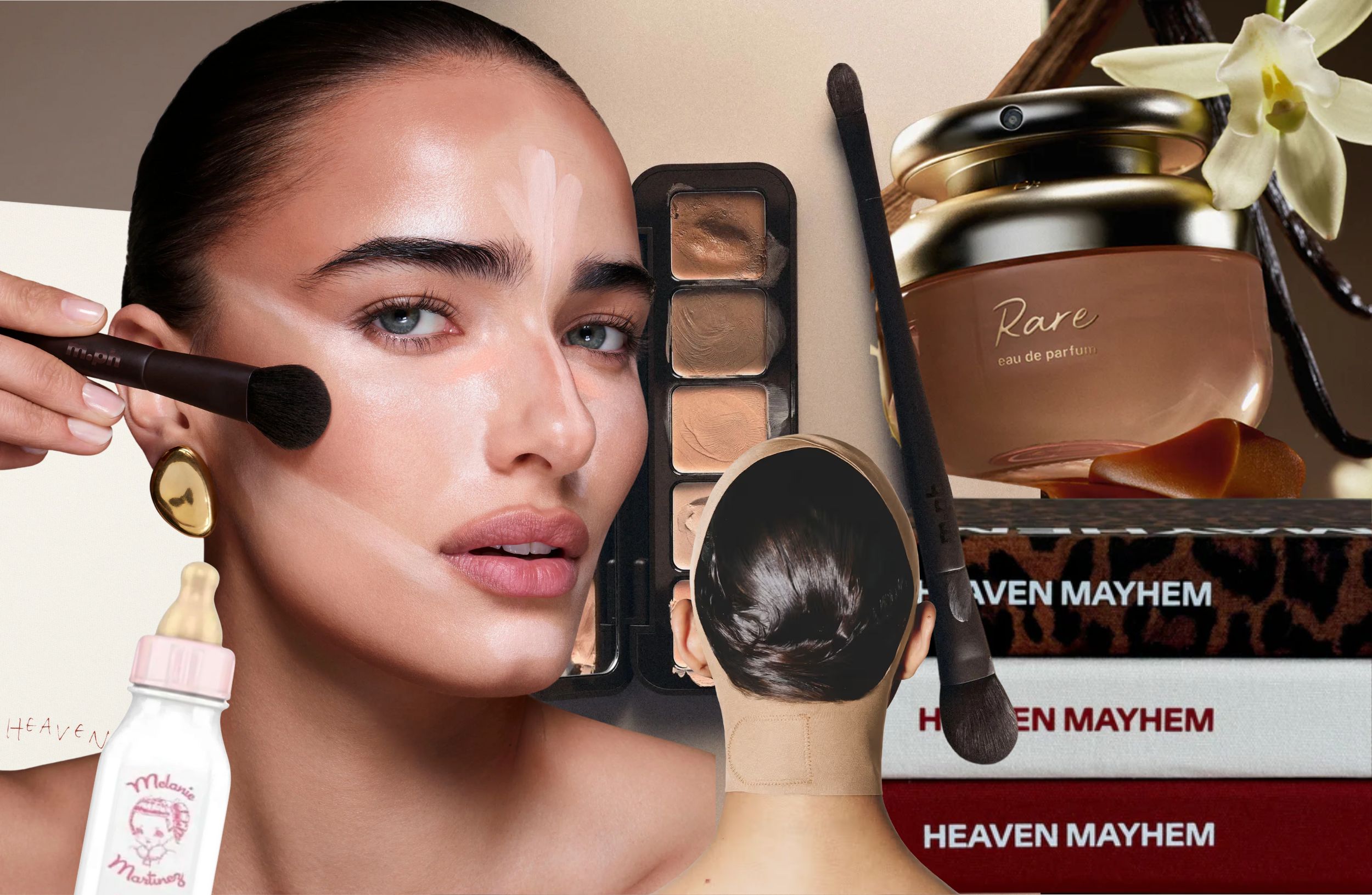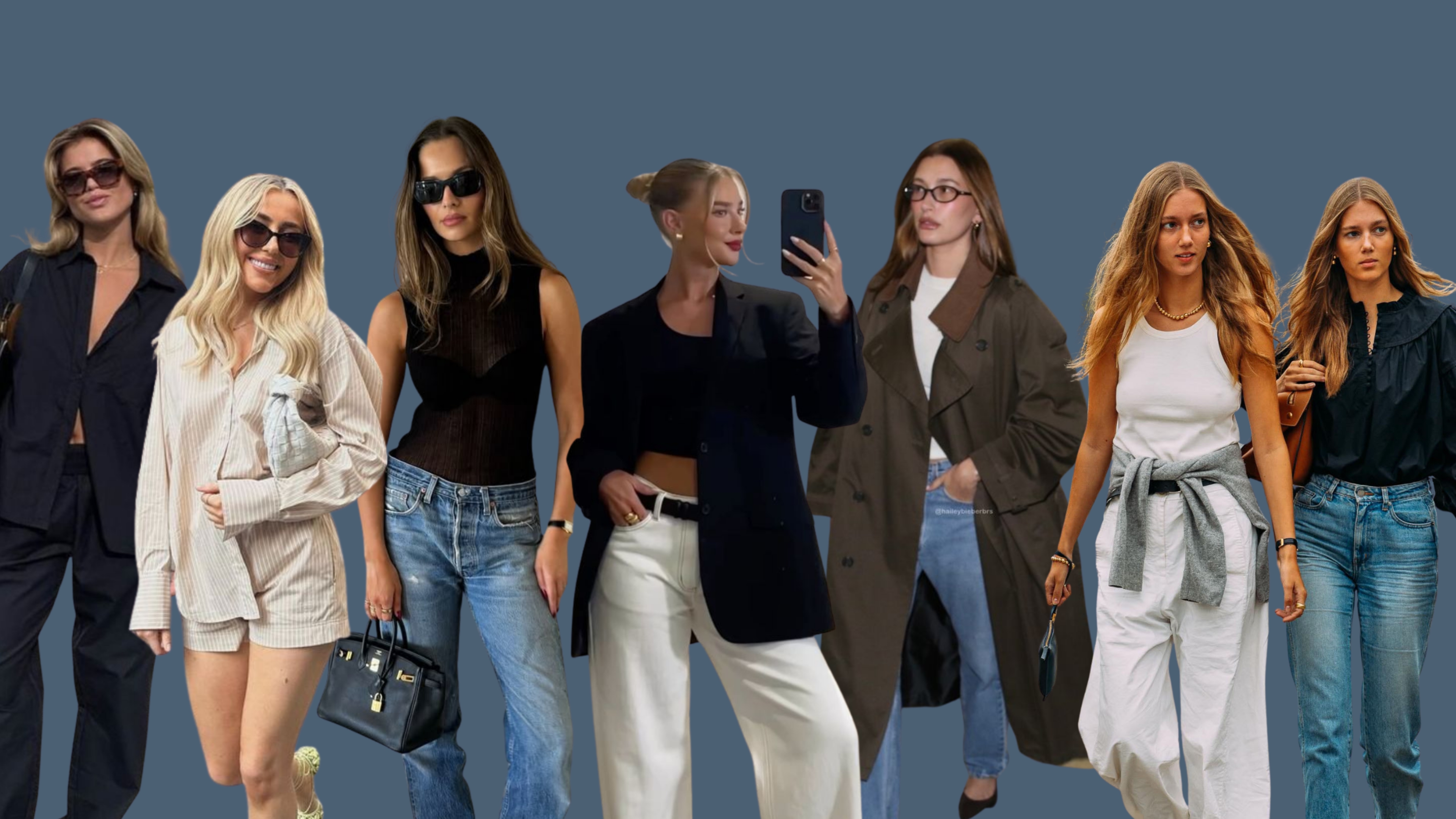Luxury brands aren't just selling products; they're selling an experience and, more importantly, an identity. Our decisions to purchase luxury items are overwhelmingly emotional, heavily influenced by how these brands shape our self-identity and self-esteem. The allure of luxury items often lies in their ability to alter our perception of ourselves, offering satisfaction, power, and a sense of belonging to an exclusive club.
A key segment driving the luxury market includes young people in their twenties and thirties, often standing at the cusp of financial independence and eager to make their mark in the world.This demographic, alongside wealthy individuals and creative professionals, forms the backbone of luxury consumption. These consumers are often driven by a desire for prestige and status, viewing luxury items as symbols of success and a way to communicate their societal standing.

Luxury brands master the art of exclusivity, creating a sense of rarity and desirability. Consumers with less experience in luxury might opt for 'loud' luxury products with prominent brand identifiers, seeking to flaunt their wealth. In contrast, seasoned luxury consumers often prefer 'quiet' luxury, appreciating the understated quality without needing overt brand symbols. This exclusivity is not just about price; it's about belonging to an elite group that understands and appreciates the true value of these items.
Media and pop culture significantly influence our craving for luxury brands. Take the television show "Succession," for instance. The portrayal of a wealthy family's opulent lifestyle, complete with high-end brands, subtly embeds a desire for such luxury in viewers' minds. Similarly, TikTok trends showcasing luxury hauls or #OOTD (Outfit of the Day) posts with designer labels play a role in fueling this craving. These platforms create a narrative where luxury is synonymous with success and social acceptance.

An intriguing aspect of luxury brand psychology is the paradox of spending money we don't have on things we don't need. This behavior is partly driven by an irrational desire to maintain appearances and social credibility, despite financial constraints. This phenomenon reflects the powerful emotional pull of luxury brands, which can override practical financial considerations.
The landscape of luxury is evolving, with a growing emphasis on sustainability and social consciousness. Brands like Stella McCartney, which have banned fur and leather, are appealing to younger, more socially aware consumers. This shift is not just about the products but about aligning with a brand that reflects the consumer's values and identity.

The craving for luxury brands is a complex interplay of emotional, societal, and psychological factors. From enhancing self-identity to signaling status and belonging to an exclusive group, luxury brands offer more than just products; they offer a narrative that resonates with our deepest desires and aspirations. As the world of luxury evolves, it continues to tap into these fundamental human needs, ensuring its allure remains as strong as ever.






.svg)


.svg)
.svg)




